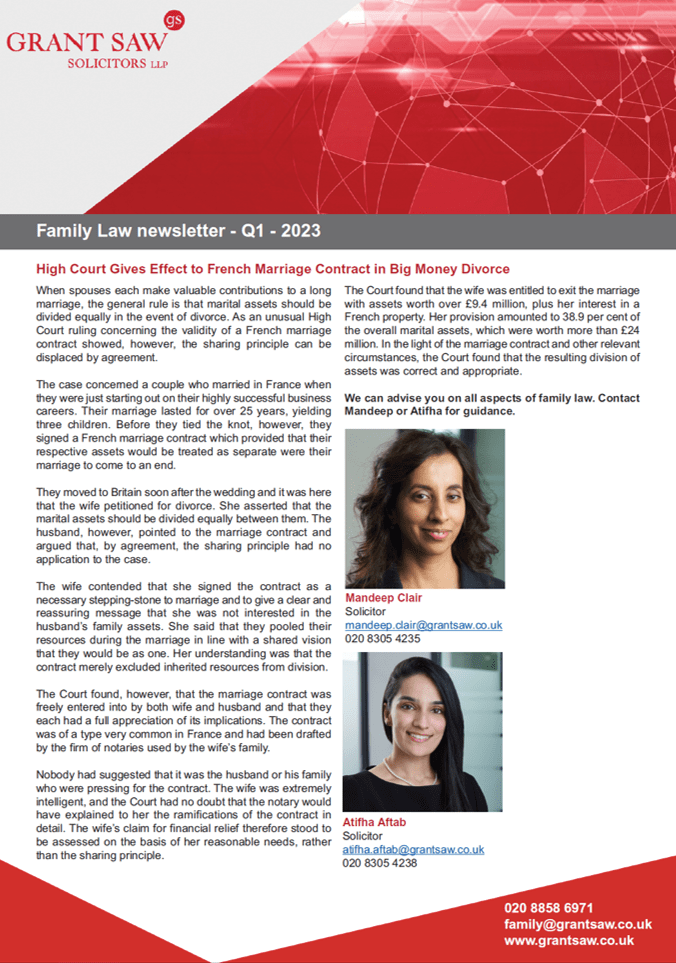When (why) would I need this service?
A statutory demand is normally used where the creditor is owed a sum of money that: exceeds £750.00; is not disputed; and, the debtor has not made payment of the debt. By serving a statutory demand, the creditor is alleging that the debtor is unable to pay its debts. A statutory demand can be served on the following commercial entities:
- A company registered in England & Wales;
- A company whose centre of main interests in situated in England & Wales;
- An unregistered company (which can include foreign companies). An unregistered company is defined as “any association and any company, with the exception of a company registered under the Companies Act 2006 in any part of the United Kingdom”; and
- A limited liability partnership.
The debtor has 3 weeks to make payment of the debt once it has been served with a statutory demand. If the debtor fails to make payment, the creditor can issue a winding up petition against the debtor for it to be wound up by order of the court.
How does the process work?
When preparing a statutory demand, the insolvency rules dictate that the following key aspects must be included in the demand:
- The name and details of the debtor must be correctly identified;
- The creditor must provide their name and address;
- A statement containing the amount of the debt;
- Provide details of the debt and how it arose;
- If the debt is founded on a judgment of the court, the date of the judgment and the name of the court it was obtained from;
- Details of any interest and/or any other charges that may be accruing;
- A statement that the debtor has the right to apply to the court for an injunction restraining the creditor from presenting or advertising a petition for the winding up of the company; and
- The name of the court (and hearing centre if applicable) to which, according to the present information, the company must make the application.
Most importantly, the statutory demand must be signed by the creditor or someone authorised by the creditor to sign the demand on their behalf.
When serving a statutory demand, the rules dictate that a creditor must “do all that is reasonable to bring the statutory demand to the debtor’s attention and, if practicable in the particular circumstances, serve the demand personally.”
In practice, a process server is normally used to serve a statutory demand. However, it is important that the process server is instructed to serve the demand at the correct address. For example, if a statutory demand is to be served on a company, then it should be served at its registered offices.
How to challenge a statutory demand
If your company has received a statutory demand you will need to take immediate action. Below we set out some of the ways in which you may be able to challenge the statutory demand:
- If the debt is genuinely disputed on substantial grounds, you may wish to consider applying for an injunction to prevent the creditor from issuing a winding up petition. Case law states that the dispute “must be real as opposed to frivolous”.
- There may be procedural grounds on which the statutory demand can be challenged. For example, the statutory demand may not be served on you in accordance with the rules or the statutory demand may not contain sufficient information concerning the debt.
- You can make payment of the debt. If you make payment of the debt, then you should seek confirmation (preferably an undertaking) from the creditor that they will not present a winding-up petition.
- You may be able to negotiate a payment of the debt in instalments; however, you should be mindful that whilst negotiations are ongoing, the creditor has the ability to issue a winding up petition against you. Therefore, it is best to obtain confirmation from the creditor that they will not issue a winding up petition until negotiations are concluded.
How long does it take?
Once a statutory demand is served, the debtor has 21 days to take one of the steps above. After this, if the debt is still outstanding and no action has been taken by the debtor, it is open to a creditor to take formal insolvency proceedings against a debtor.
If you are a creditor who has served a statutory demand, then after the 21 day period has passed you can commence formal insolvency proceedings, however, you are not obliged to do so. If the statutory demand is over 4 months old it is usually wise to consider serving a fresh statutory demand before proceeding.
Is it expensive? What are the likely costs?
If you are a creditor and wish to serve a statutory demand on a company, please see our debt collection price guide, which sets out our fixed fees for preparing and serving a statutory demand.
If you are a company who wishes to challenge a statutory demand, we shall provide you with an estimate of our fees based on the type of work required.
Our lawyers have extensive experience in advising clients who wish to issue a statutory demand, along with those seeking to challenge a statutory demand. We will be able to provide you with bespoke and cost effective advice tailored to your circumstances.
Meet the Corporate Insolvency team















































